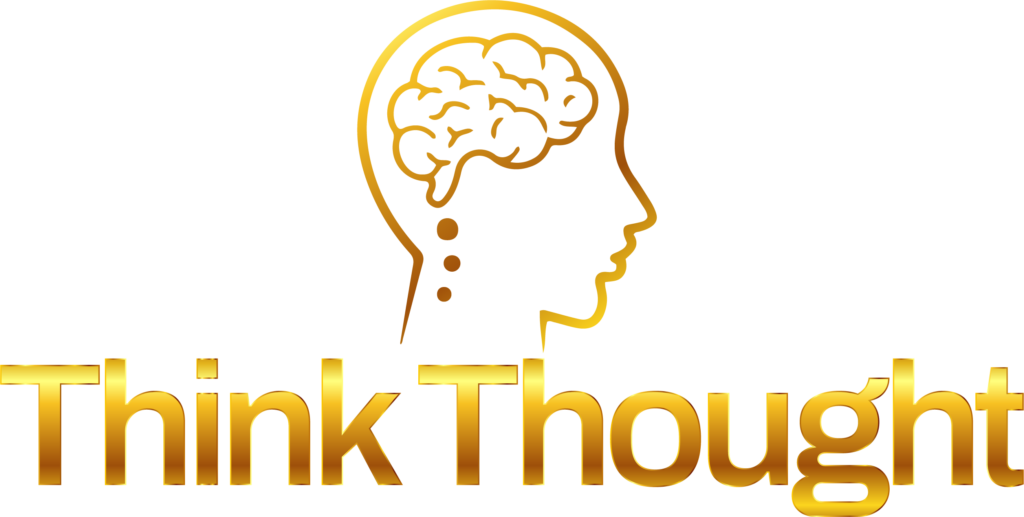Why the Link Between Alcohol and Mental Health Matters
Alcohol is often used as a way to relax, reduce stress, or cope with difficult emotions. But excessive or long-term alcohol use can significantly impact mental health. Research shows a strong connection between alcohol misuse and conditions like depression, anxiety, and relationship issues.
At Think Thought Psychiatry LLC in Washington, we help individuals understand these connections and provide compassionate support through individual therapy, stress management, and online counseling.
How Alcohol Affects the Brain and Emotions
Alcohol is a central nervous system depressant, meaning it slows brain activity. This can temporarily create feelings of relaxation, but over time it disrupts brain chemistry and emotional balance.
Effects of alcohol use on mental health include:
- Depression: Heavy drinking can alter serotonin and dopamine, contributing to low mood.
- Anxiety: Alcohol may ease anxiety short-term but often worsens it afterward.
- Sleep disturbances: Alcohol affects sleep quality, leading to irritability and fatigue.
- Cognitive function: Prolonged use can impair memory, focus, and decision-making.
According to the National Institute on Alcohol Abuse and Alcoholism (NIAAA), nearly 1 in 5 people with alcohol use disorder also experience an anxiety or mood disorder. Source
The Two-Way Relationship: Alcohol and Mental Health Disorders
The connection between alcohol use and mental health is bi-directional:
- People struggling with depression, anxiety, or trauma may use alcohol to cope.
- Excessive alcohol use can worsen or even trigger mental health conditions.
This cycle can make it harder for individuals to seek help and stick with treatment. The Substance Abuse and Mental Health Services Administration (SAMHSA) emphasizes the importance of treating both alcohol use and co-occurring mental health conditions together. Source
Signs That Alcohol May Be Impacting Mental Health
You might benefit from support if you notice:
- Drinking to cope with stress, anxiety, or sadness.
- Feeling more depressed or anxious after drinking.
- Strained relationships due to alcohol use.
- Difficulty managing work, school, or family responsibilities.
- Withdrawal symptoms when not drinking.
Recognizing these signs is the first step toward healing.
Treatment Options: Finding the Right Support
Managing both alcohol use and mental health requires an integrated approach. At Think Thought Psychiatry, we provide:
- Individual Therapy: Safe, one-on-one support to explore patterns and develop healthier coping skills.
- Stress Management: Tools to handle daily pressures without relying on alcohol.
- Anxiety & Depression Treatment: Evidence-based approaches to improve mood and resilience.
- Relationship Counseling: Helping individuals and couples rebuild trust and communication.
Our online therapy services make it easier to connect with a licensed therapist online from anywhere in Washington. For those seeking an online therapist that takes insurance, we proudly accept major insurances and self-pay.
How Telehealth Helps with Alcohol and Mental Health
With the rise of telehealth mental health services, you can now:
- Access care from home with a virtual psychiatrist or therapist online.
- Schedule flexible appointments that fit your routine.
- Receive confidential, stigma-free support.
The American Psychiatric Association confirms that telehealth is as effective as in-person sessions for most therapy needs. Source
Think Thought Psychiatry: Your Partner in Recovery
If alcohol use is affecting your mental health, you don’t have to face it alone. At Think Thought Psychiatry LLC (Washington), we’re here to guide you with compassion and expertise.
Call us today at +1 888-908-6920 or email info@thinkthoughtpsychiatry.com.
Visit thinkthoughtpsychiatry.com.
